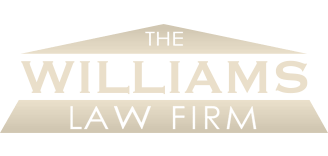New Website!
/in Blog/by John WilliamsThe Williams Law Firm is excited to launch our brand new website! Check back here periodically for blog posts and updates from our team.
Special thanks to Dave Shrein of Shrein Media for helping us with our new site.
See more of his work at Shreinmedia.co
Our Location

One Commerce Center
1201 N. Orange Street
Suite 600
Wilmington, Delaware 19801
Get directions via Google Maps
Phone: 302-575-0873
Fax: 302-575-1642
![]()
Our Services
Our Attorneys
Categories
Contact Us
Connect directly with our team by sending a message with your name and either a phone number or an email address.
